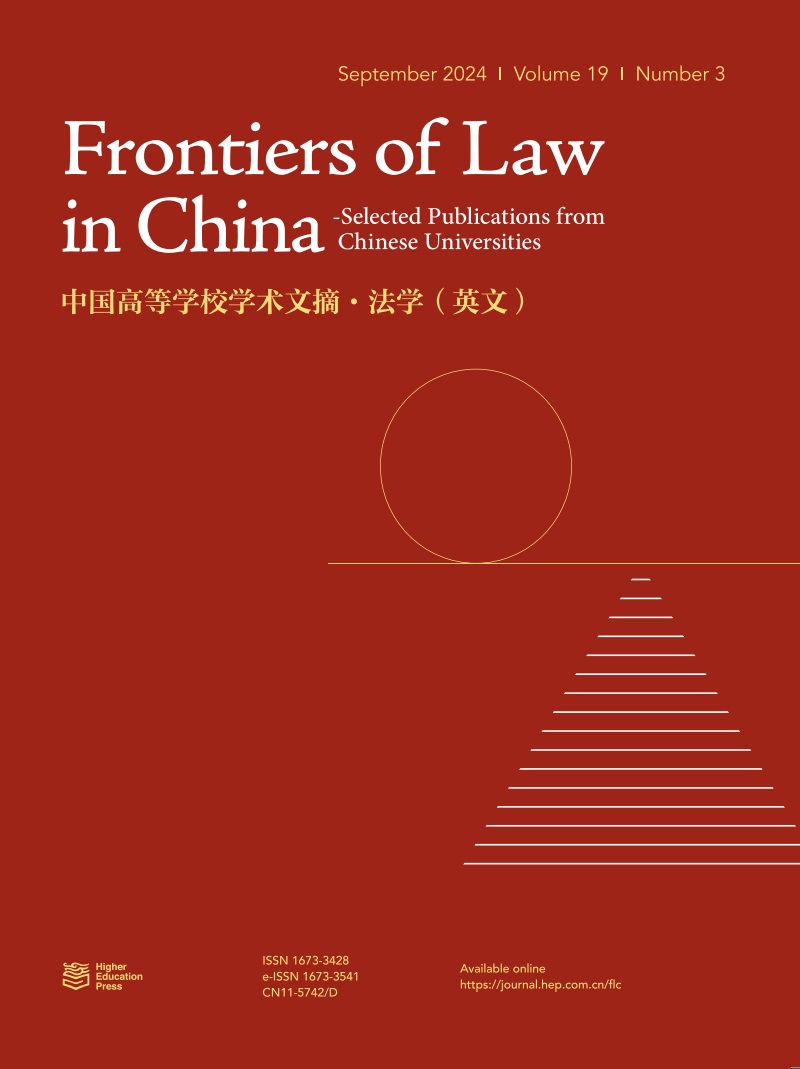数字边界控制
IF 0.1
4区 社会学
Q4 LAW
引用次数: 0
摘要
本文考察了领土在互联网监管中发挥的作用,特别是德国是否已经存在与网络空间物理边界控制等效的边界控制,即数字边界控制。为此目的,对领土原则的抽象相关性和导致数据沿国家边界自由流动被中断或修改的法律命令的具体例子都进行了仔细审查。本文章由计算机程序翻译,如有差异,请以英文原文为准。
DIGITAL BORDER CONTROLS
The article examines to what extent territory plays a role in internet regulation, especially whether an equivalent to physical border controls for cyberspace already exists in Germany, i.e. digital border controls. To that end, both the abstract relevance of the territorial principle and specific examples of legal commands that cause the free flow of data to be interrupted or modified along state boundaries are scrutinized.
求助全文
通过发布文献求助,成功后即可免费获取论文全文。
去求助
来源期刊

中国法学前沿
LAW-
CiteScore
0.20
自引率
0.00%
发文量
398
期刊介绍:
Frontiers of Law in China seeks to provide a forum for a broad blend of peer-reviewed academic papers of law studies, in order to promote communication and cooperation between jurists in China and abroad. It will reflect the substantial advances that are currently being made in Chinese universities in the field of law. Its coverage includes all main branches of law, such as jurisprudence, constitutional jurisprudence, science of civil and commercial law, science of economic law, science of environmental law, science of intellectual property, science of criminal justice, science of procedural law, science of administrative law, science of international law, science of legal history, science of history of legal thoughts, etc.
 求助内容:
求助内容: 应助结果提醒方式:
应助结果提醒方式:


